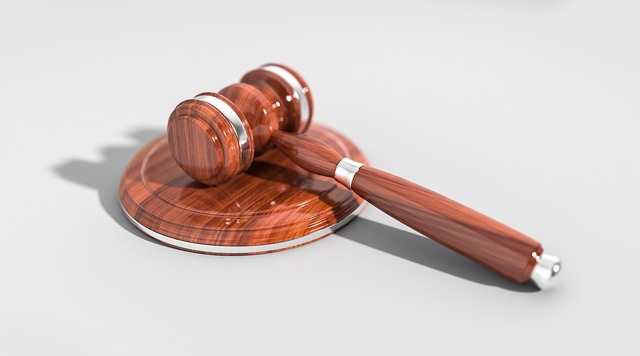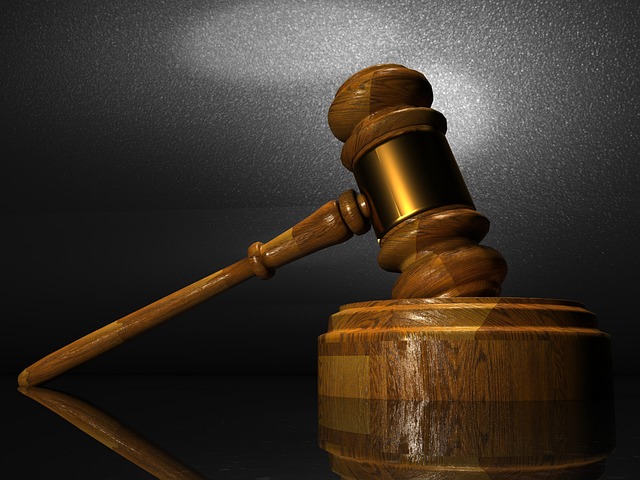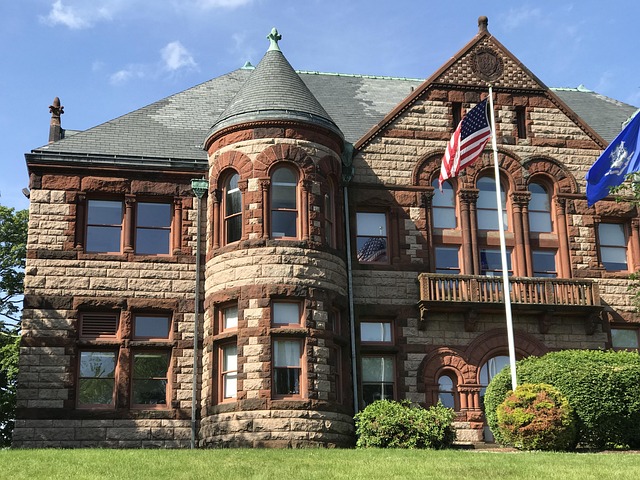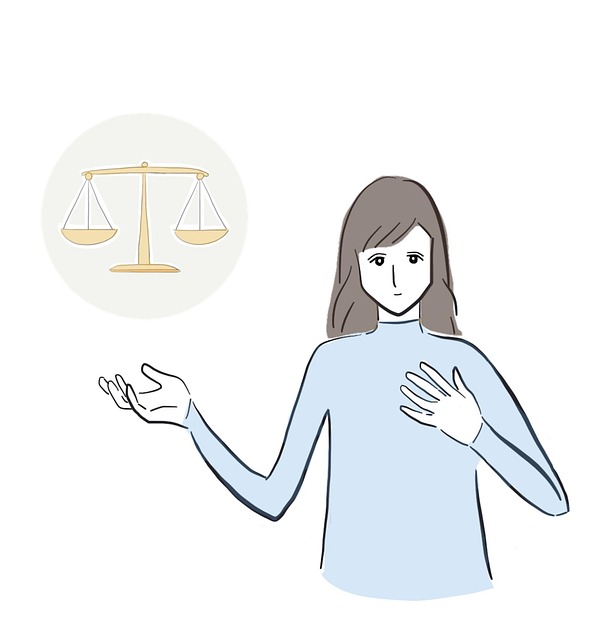Wrongful death beneficiaries, including spouses, children, parents, and dependent relatives, seek both financial relief and justice after a loved one's tragic passing due to negligence or intentional harm. Navigating complex legal proceedings involves gathering incident information, identifying defendants, consulting specialized attorneys, and understanding state-specific regulations with varying statutes of limitations. Compensation may cover burial expenses, medical bills, pain and suffering, lost earnings potential, and real estate disputes or nursing home neglect issues. Despite challenges, this process provides closure and support for wrongful death beneficiaries.
When faced with the profound loss of a loved one due to someone else’s negligence or wrongdoing, understanding the legal process for wrongful death beneficiaries is crucial. This guide delves into the rights and resources available to those left behind, providing a step-by-step overview tailored for seeking justice and compensation. From identifying eligible beneficiaries to navigating complex legal procedures, this article equips readers with essential knowledge to foster support during their time of need.
- Understanding Wrongful Death Beneficiaries: Who Are They and Their Legal Rights?
- The Legal Process: Step-by-Step Guide for Beneficiaries Seeking Justice
- Navigating Compensation and Support After a Loved One's Wrongful Death
Understanding Wrongful Death Beneficiaries: Who Are They and Their Legal Rights?

Wrongful death beneficiaries are individuals or entities who stand to gain financially from a wrongful death lawsuit. When someone dies due to another party’s negligence or intentional actions, their loved ones may have legal recourse. These beneficiaries include spouses, children, parents, and sometimes even dependent adults or siblings. Each has a right to seek compensation for the loss they’ve suffered, which can cover various expenses such as medical bills, funeral costs, lost wages, and pain and suffering.
Understanding who constitutes a wrongful death beneficiary is crucial as it determines who can file a claim and pursue legal action. In many cases, these individuals are not only seeking financial relief but also closure and justice for their loss. It’s important to note that the process of filing a wrongful death claim involves navigating complex laws and regulations, which can vary by jurisdiction. Therefore, those affected should consult with experienced attorneys who specialize in wrongful death claims, especially when dealing with sensitive matters like real estate disputes or nursing home neglect.
The Legal Process: Step-by-Step Guide for Beneficiaries Seeking Justice

When a loved one’s passing results from another party’s negligence or intentional harm, wrongful death beneficiaries face an emotional and often complex legal journey to seek justice. Understanding the process is crucial for navigating this challenging time. Here’s a step-by-step guide to help beneficiaries take action after a loss.
First, it’s essential to gather all relevant information related to the incident. This includes medical records, police reports, witness statements, and any evidence that supports the claim of negligence. Next, identify potential defendants, whether they be individuals, healthcare facilities like nursing homes, or medical professionals accused of malpractice. Consulting with an experienced attorney specializing in wrongful death cases is vital for guiding beneficiaries through this process. They will help determine liability, assess the value of damages, and file a lawsuit within the prescribed statute of limitations. Throughout real estate litigation or other complex matters, legal counsel ensures that all necessary procedures are followed, providing a stronger chance of a favorable outcome.
Navigating Compensation and Support After a Loved One's Wrongful Death

After the tragic loss of a loved one due to wrongful death, beneficiaries often find themselves navigating uncharted waters, seeking both justice and compensation. This process can be emotionally taxing, but understanding the legal framework is essential for securing their rights as wrongfully deceased individuals’s heirs. The first step involves consulting with experienced legal professionals who specialize in wrongful death cases. These attorneys will guide them through the complex web of laws and regulations, ensuring that every aspect of the case is handled diligently.
Compensation in such cases can take various forms, including financial support for burial expenses, funeral arrangements, and pain and suffering experienced by the beneficiaries. In many instances, settlements or verdicts may also cover medical bills incurred prior to the deceased’s passing, as well as lost earnings potential. This process requires meticulous documentation and a thorough understanding of state-specific laws, which can differ significantly in terms of statute of limitations and eligibility criteria for wrongful death beneficiaries. It’s crucial to remember that while these legal steps are essential, they’re also a means to provide closure and support during what is undoubtedly a challenging time.
After losing a loved one due to someone else’s negligence, understanding the legal process for wrongful death beneficiaries is crucial. This article has provided a comprehensive guide, from recognizing who qualifies as a beneficiary to navigating the steps towards justice and compensation. By following these informed steps, folks can ensure their rights are protected and honor their late relative while fostering support during this challenging time. Remember that, in light of such a profound loss, seeking professional legal counsel is essential for navigating the complex landscape of wrongful death claims effectively.






